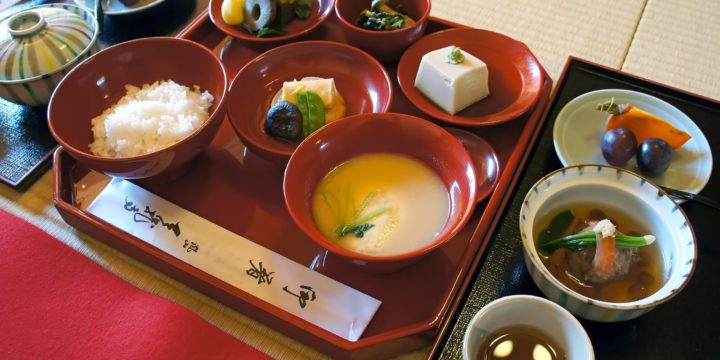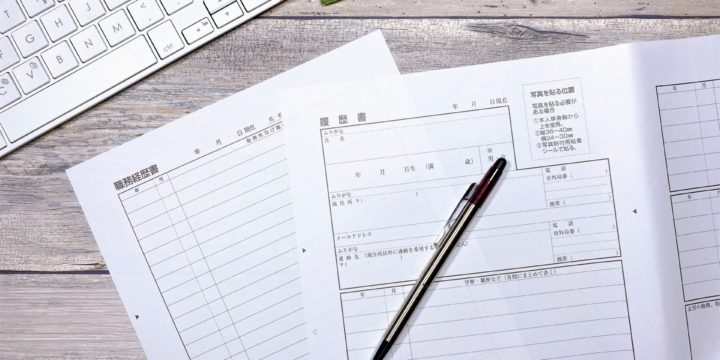How to Optimize the Performance of a Japanese Chef Who Does Not Speak English


Great skills with sushi and Japanese cuisine, an impeccable personality, but lacking English proficiency… If you work as a hiring manager at a Japanese restaurant, you may have met such a Japanese candidate and wondered if you should make an offer or not. This article explains how to provide support after hiring a Japanese chef who cannot communicate in English.
1. Why Aren’t Japanese People Good at English?


Less Than 10% of Japanese People Are Fluent in English!?
If you have visited Japan, you may have realized that a full-time employee who can explain about the menu or ingredients in fluent English can be found mostly at high-end restaurants in an urban area or tourist spots. The number of such restaurants does not account for even 10%.
In fact, Japanese people’s English communication skills were ranked 78th among 112 countries in an exam taken by about 2 million people, according to the 2021 report issued by Education First, a leading company of English education.
Japanese People Are Too Ashamed of Their English to Speak!?
In Japan, people on average spend 1,000 to 1,500 hours to learn English during the six years at middle and high school. However, a perfectionist tendency makes some people feel ashamed of speaking non-standard English. Without actively interacting with people from abroad, most people eventually forget English.
It may surprise you, but only 20-25% of Japanese people have a passport in Japan as of 2020. The people who have an opportunity to talk with people outside Japan are a minority in the country.
2. Where Can We Find Japanese Chefs Who Can Speak English?


Then, where can we find a Japanese chef that can speak English fluently?
Already Working at a Restaurant Overseas
As the saying goes, practice makes perfect. There are many chefs who polished their English communication skills by working overseas. Even in a country whose official language is not English, a lot of Japanese restaurants targeting the upper class use English for communication among the staff. So, you can find Japanese chefs who can have a simple conversation in English at these places.
Working at a Restaurant Frequented by Foreign Customers in Japan
Even in Japan, there are opportunities to talk with non-Japanese people if you work at a restaurant located in central Tokyo where many foreigners live or at tourist spots popular among Westerners, including Kyoto, Niseko, and Hakuba. Such an environment can allow employees to improve their communication skills in English. Some high-end omakase sushi restaurants provide their staff with English education as part of the training program.
Learning English for Their Future Prospect
Even though the workplace does not offer an opportunity to use English, some young chefs with high motivation use their free time to go to an English conversation school for their dream to work abroad in the future. Recently, people are taking advantage of YouTube and Netflix to learn English too.
3. How Can We Maximize the Performance of a Chef Who Cannot Speak English?


As We have been explaining, there are not many Japanese chefs who can speak English, and hiring them is not an easy task. Therefore, we have suggestions for restaurants to fully realize the chef’s potential even though the person does not speak English fluently.
Incentives for Improving English Communication Skills
If the lack of English proficiency is the only issue with the candidate, how about making a conditional offer? Since there is some time between the offer and the first day at work, you can ask the new chef to study English meanwhile. You can motivate the candidate by raising salary or increasing bonus on the condition that the person reaches a certain level of English communication skills by the deadline.
Devising Communication Methods with the Local Staff
As communication is a two-way process, you can also ask for the support of the local staff as well as the Japanese chef. Most Japanese people have already studied English for 6 years, so they can understand basic words. Yet conversation is usually too fast for them to keep up with. Asking local employees to speak slowly and use body language can enable the chef to understand the conversation much better. Rephrasing a difficult word into a simple one can help as well.
Hiring Someone Who Speaks Japanese
Another idea is to hire someone who can work as a translator between the Japanese chef and the local staff. It can be either a Japanese person who speaks English or a local who speaks Japanese. When subtle nuances are hard to convey, such a person can be of great help. Around 3 million people are learning Japanese in the world, mainly in East Asia and the ASEAN countries. You should be able to hire a local person who speaks Japanese in these regions.
English is a tool to make oneself understood and the goal here is to keep smooth communication between the Japanese chef and local employees so that they can create a successful restaurant. Even though the chef is not fluent in English, there should be a solution when both the employer and employee work together. Hope the ideas in this article help!
4. What If I Have a Problem in Hiring?
“I do not know what my restaurant should feature to attract Japanese chefs.”
“I have an idea of the chefs I am looking for, but I do not know how to find them.”
“We tried to recruit on our own before without success, so we want to find a truly skillful chef this time.”
“Since no staff members speak Japanese, we want to entrust the whole task of hiring Japanese chefs to someone else.”
If you have a problem in recruiting quality Japanese chefs, feel free to contact us Washoku Agent!
- The Effective Way of Screening a Japanese Sushi Chef’s Resume
- Which Should We Hire, Young Japanese Sushi Chefs in Their 20s or Experienced Ones in Their 50s?
Do you want to know more about Global Japanese Cuising Market?
If Yes, please submit this form and you will receive it by email.
on WhatsApp.





